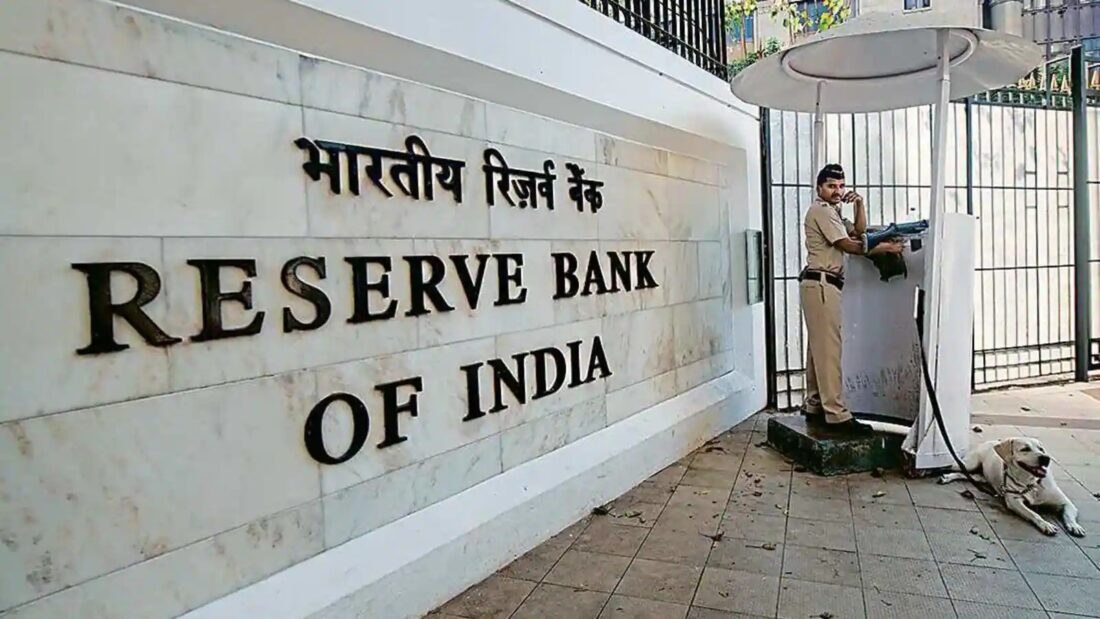by Dr Aijaz Ahmed
The Electoral Bond Scheme, while presenting itself as a viable avenue for political funding, primarily benefits the incumbent political establishment and corporate entities.

The Electoral Bond Scheme, initiated by the Government of India and administered by the Reserve Bank of India (RBI) since 2018, aims to facilitate anonymous donations to political parties. Ostensibly, the scheme was devised to promote transparency in political funding while safeguarding the confidentiality of donors. Despite these intentions, it has sparked considerable controversy and debate. Critics argue that it may exacerbate the opacity surrounding political financing and undermine democratic values. However, a closer examination reveals a more nuanced picture, casting doubt on the scheme’s effectiveness and its supposed advantages.
The Electoral Bond Scheme initially appears straightforward as a conduit for directing donations to political parties. However, donors purchase bonds from designated banks and subsequently transfer them to their chosen political party. Proponents argue that this structure promotes transparency by eliminating cash donations and requiring donors to disclose their identities.
Although the Electoral Bond Scheme claims to promote transparency, it falls short in several crucial aspects. One glaring issue is the lack of disclosure requirements for political parties. Unlike conventional methods, where parties must reveal the identities of donors above a certain threshold, the Electoral Bond Scheme prioritises secrecy, shielding donors from public scrutiny.
The opacity of the Electoral Bond Scheme
invites the possibility of abuse, corruption, and dishonesty. However, without knowledge of donor identities, it is impossible to determine whether political parties are receiving funds from legitimate sources or engaging in quid pro quo arrangements with vested interests. This lack of transparency undermines the purported principles of accountability and openness that the scheme aims to uphold. Moreover, concerns surrounding the Electoral Bond Scheme exacerbate the influence of significant financial contributions in politics.
By allowing affluent individuals, corporations, and organisations to make substantial donations to political parties without public disclosure, the scheme skews the balance of power in favour of the wealthy elite. This raises significant concerns about the fairness, equality, integrity, and legitimacy of the electoral process.
The Electoral Bond Scheme, while presenting itself as a viable avenue for political funding, primarily benefits the incumbent political establishment and corporate entities. Through anonymous donations, the scheme enables ruling parties to solicit funds without facing public scrutiny or being held accountable. Likewise, corporate donors stand to gain from favourable policies and regulatory decisions, thereby exerting influence over the political landscape to serve their interests.
In response to these concerns, the Supreme Court has invalidated the electoral bond scheme, emphasising the urgent necessity to reassess it and implement substantial reforms. This may entail imposing stricter disclosure mandates for political parties, limiting the amount of donations permissible through electoral bonds, and enhancing oversight and scrutiny of political finance mechanisms to uphold transparency and accountability.

In conclusion, while the Electoral Bond Scheme may have been conceived with the commendable aim of enhancing transparency in political funding, its execution has failed to meet this goal. Rather, it has erected a barrier of secrecy, shielding donors and political entities from public oversight, thereby compromising democratic principles. To rectify these deficiencies, it is essential to address these issues and implement reforms that uphold the integrity of the electoral process and protect the interests of the public.
(The author is currently employed as an Assistant Professor at Government Degree Postgraduate College in Bhaderwah, Doda. Ideas are personal.)















